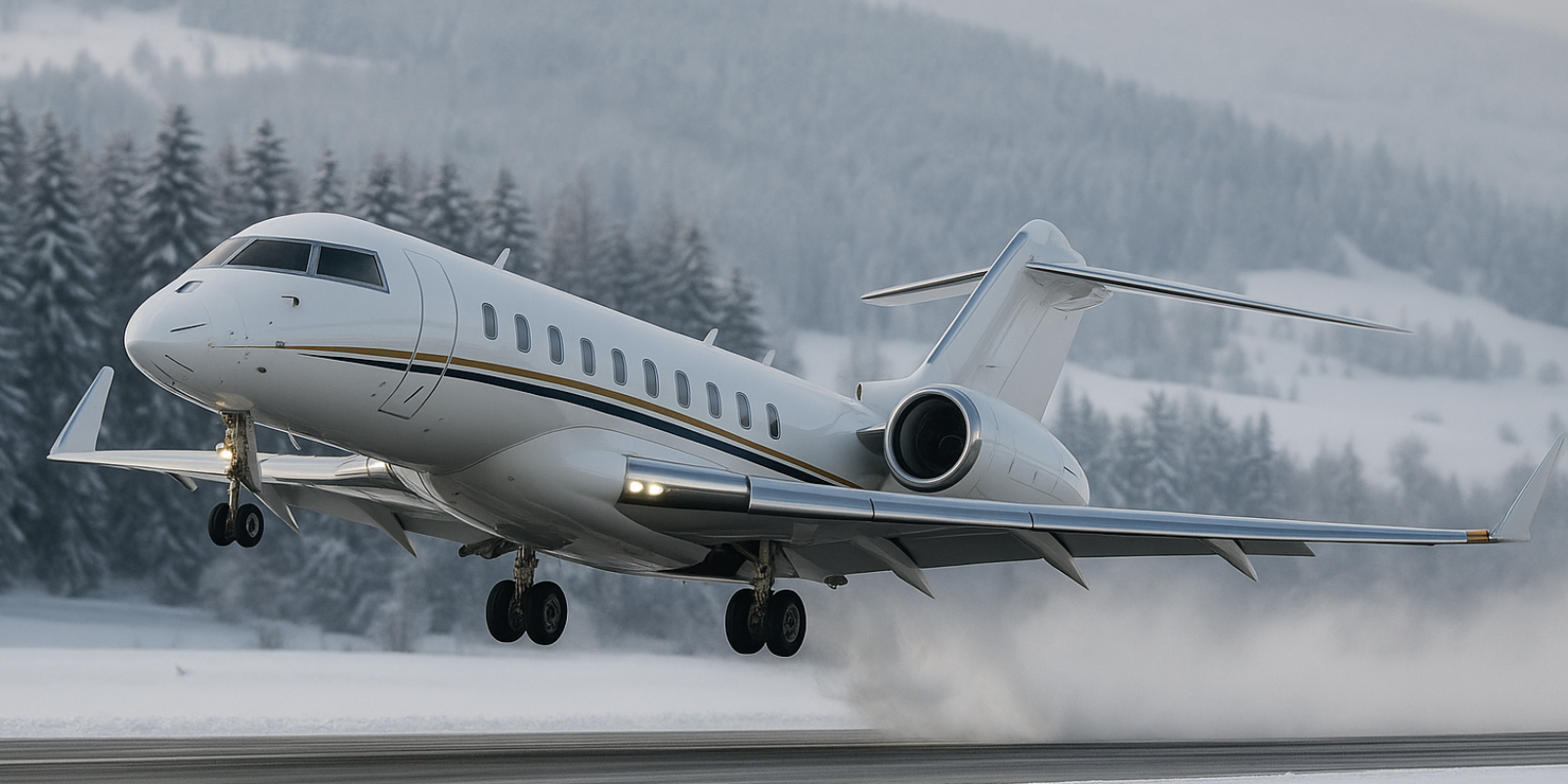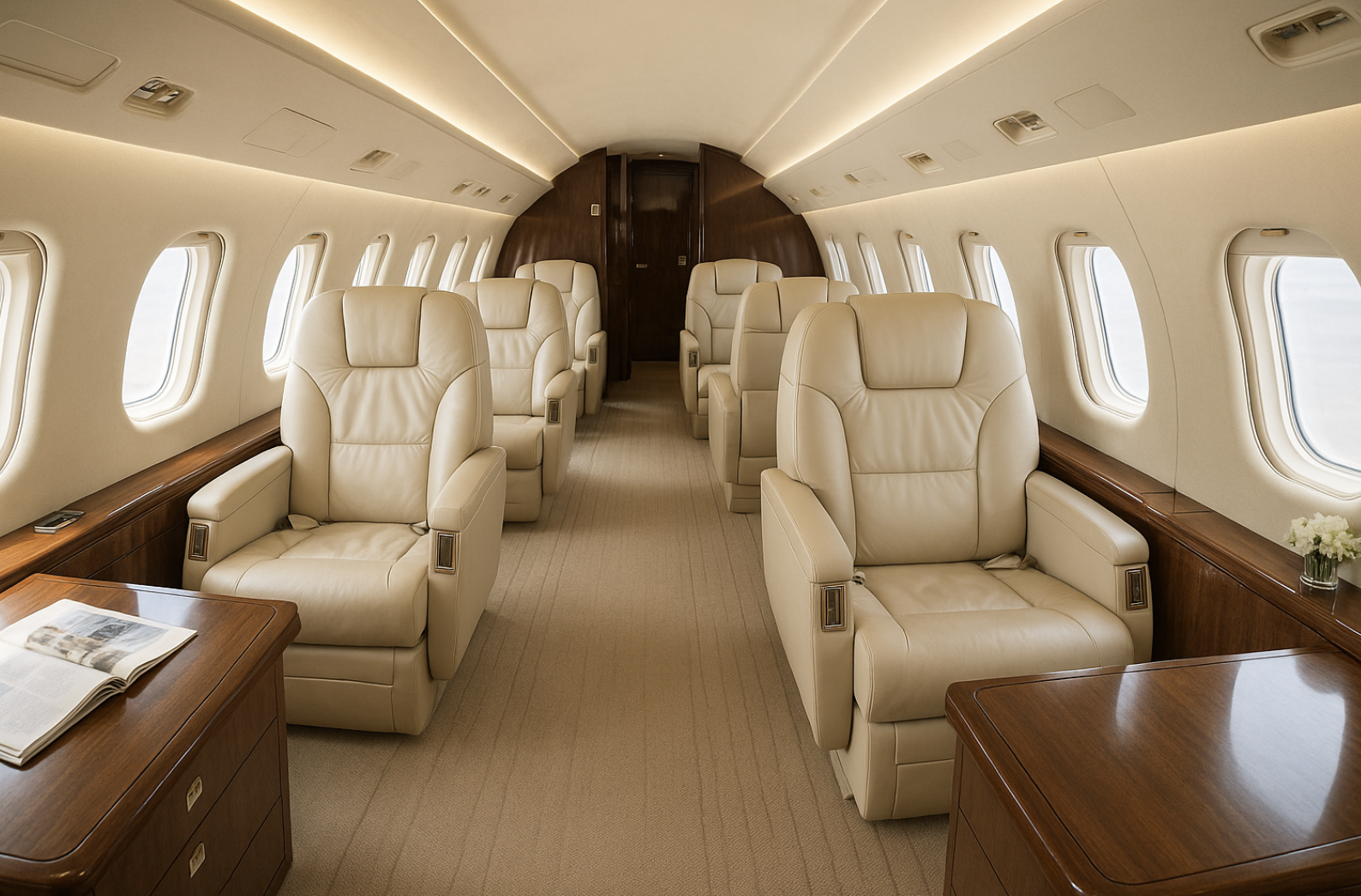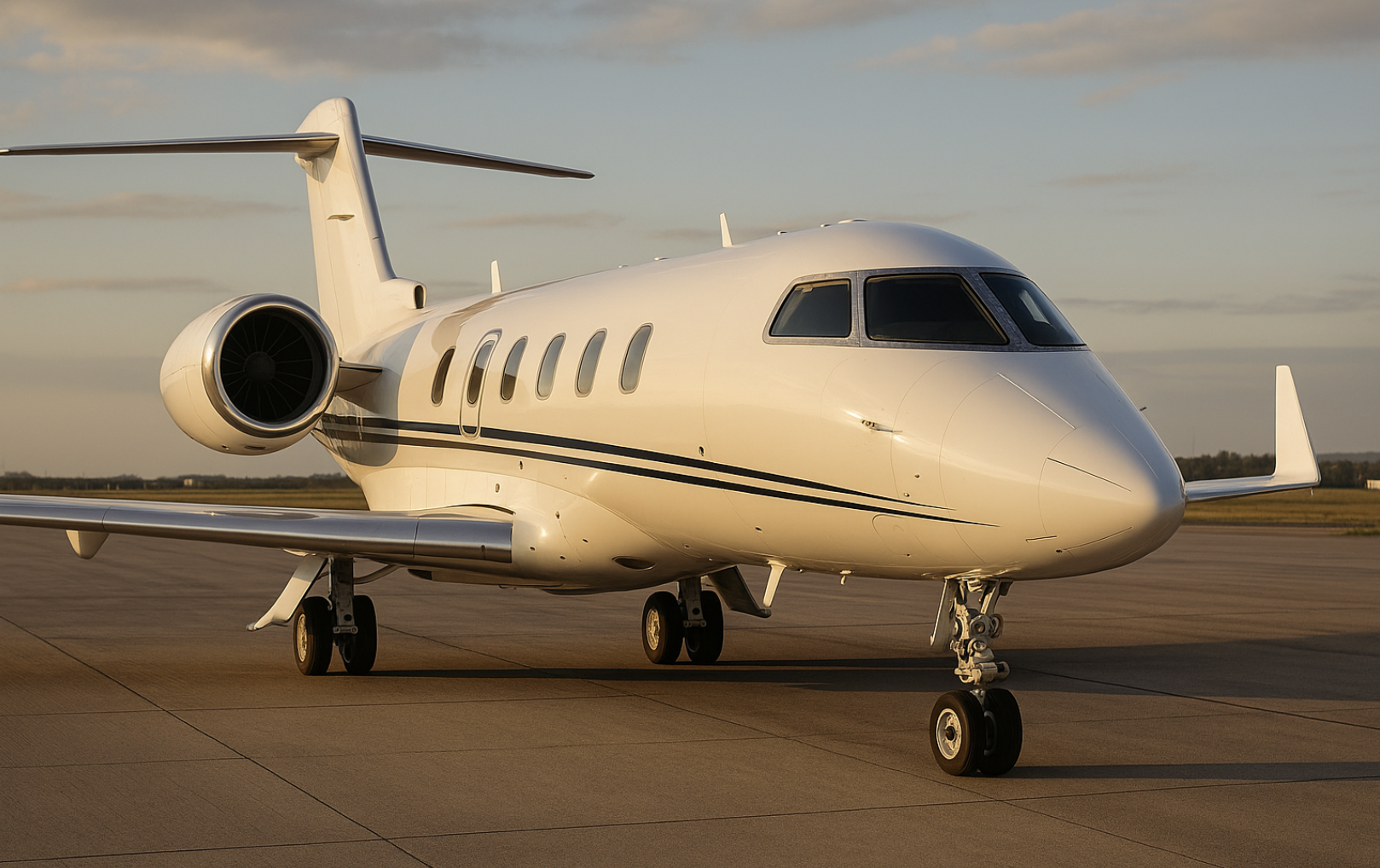Wet Vs. Dry Lease
When it comes to acquiring an aircraft for private use, two common options emerge: wet leasing and dry leasing. These lease arrangements each have their own distinct traits and are tailored to suit different needs and preferences within the private aviation sector.
Wet leases are a common choice for those seeking a hassle-free and all-inclusive solution to their aviation needs. Here are some key traits of wet leases in private aviation:
1. **Full-Service Package:** In a wet lease agreement, the lessor provides not only the aircraft but also the crew, maintenance, insurance, and other operational services. This comprehensive package ensures that lessees can simply step on board and fly without worrying about the logistical and operational aspects of aviation.
2. **Flexible Arrangements:** Wet leases can be short-term or long-term, depending on the lessee's requirements. This flexibility is particularly beneficial for businesses with fluctuating travel needs, as they can adapt their leasing arrangement accordingly.
3. **Regulatory Compliance:** Wet leases are subject to strict regulations and oversight by aviation authorities. This ensures that safety standards are maintained and that operators comply with all necessary aviation regulations.
4. **Cost Transparency:** While wet leases can be more expensive than dry leases, they provide a clear and predictable cost structure. Lessees typically pay a fixed fee or hourly rate, which covers all associated expenses, making budgeting straightforward.
5. **Quick Start-Up:** Wet leases are ideal for those who need immediate access to an aircraft. Since the lessor handles all operational aspects, lessees can start their flights without delay.
Dry leases, on the other hand, offer a different set of characteristics that cater to a specific set of aviation needs:
1. **Aircraft-Only Lease:** In a dry lease arrangement, the lessee only rents the aircraft itself. This means that the lessee is responsible for providing their own crew, maintenance, insurance, and other operational elements.
2. **Customization:** Dry leases allow lessees to have more control over the operation of the aircraft. They can select their own crew, implement specific maintenance schedules, and choose insurance providers that align with their preferences.
3. **Cost Variability:** The costs associated with a dry lease can vary significantly depending on how the lessee manages the operational aspects. This variability can be an advantage for those who are confident in their ability to optimize costs or have specific operational preferences.
4. **Long-Term Commitment:** Dry leases are often more suitable for lessees looking for a long-term aircraft solution, as they typically involve longer lease durations compared to wet leases.
5. **Regulatory Responsibilities:** Lessees in dry lease agreements assume greater regulatory responsibilities and must ensure that the aircraft complies with all aviation regulations. This includes maintenance and safety requirements.
In conclusion, wet and dry leases in private aviation cater to different needs and preferences within the industry. Wet leases provide a turnkey solution with convenience and predictability, while dry leases offer more customization and control over operations. The choice between the two depends on factors such as the lessee's budget, level of control desired, and the duration of the lease. Ultimately, both lease types contribute to the vibrant and diverse landscape of private aviation, ensuring that individuals and businesses can find the perfect fit for their airborne endeavors.
‹ Back







